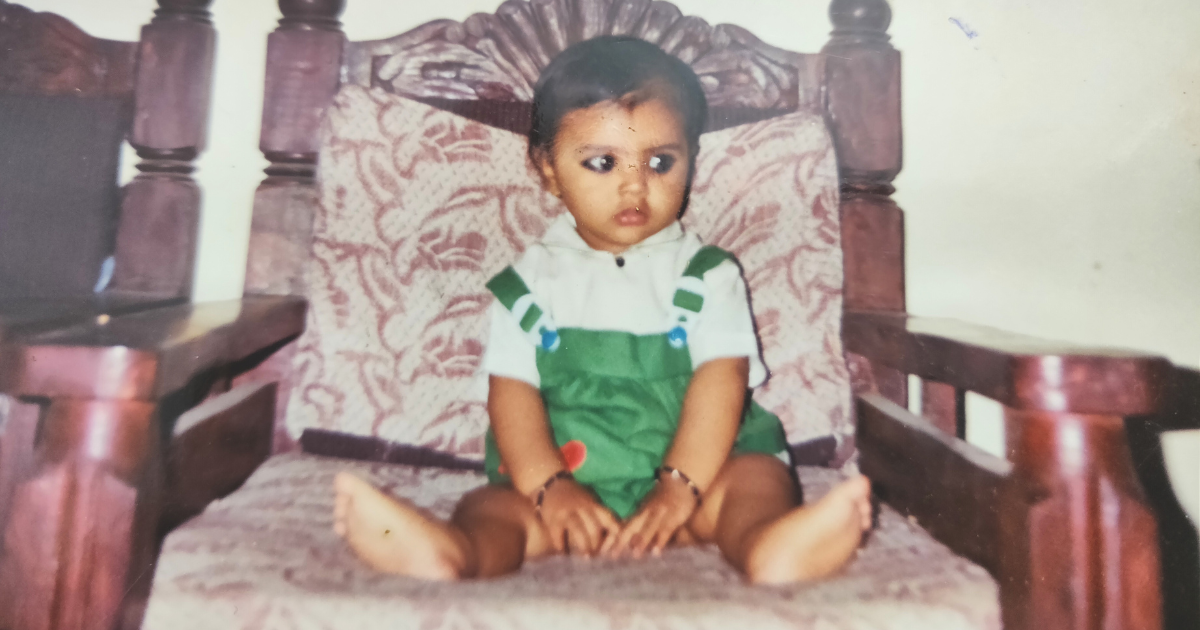A hazy image has ignited a wildfire of gossip, featuring a politician side by side with a prominent journalist. This is courtesy of social media. The ensuing comments on the post, rife with venom and devoid of morality, prompt reflection on the erosion of ethics and basic humanity in the digital age.
The individuals in question are Omar Abdullah, a former CM of Jammu and Kashmir, and a distinguished journalist who dedicated over two decades to her craft. Both now find themselves unfairly targeted. One can only fathom the pain endured when Ms Razdan left the zenith of her career, envisioning a new chapter teaching at Harvard – only to realise that her personal information was laid bare to alleged scamsters.
Despite their public roles, these individuals are entitled to personal lives. Razdan, having experienced the highs and lows of matrimony, and Abdullah, currently navigating a divorce, are human beings first. Yet, the public discourse surrounding their interactions veers into a territory of unwarranted intrusion and character assassination.
Why do two people hanging out together become fodder for scandal? The need for society to ‘live and let live’ seems drowned in the cacophony of social media. The relentless negativity pervasive in these online spaces perpetuates a toxic atmosphere, influencing young minds and breeding a culture of unfounded judgements.
It’s not just a matter of privacy invasion; it’s a symptom of a broader issue. Social media algorithms, encouraging mindless scrolling, and their relentless bombardment of sensationalised stories contribute to the polarisation and division of society.
However, this digital chaos isn’t confined to blurred images and prominent figures. In the digital realm, where pixels blur reality, it is high time for introspection, empathy, and a return to the simple yet profound mantra: live and let live.




